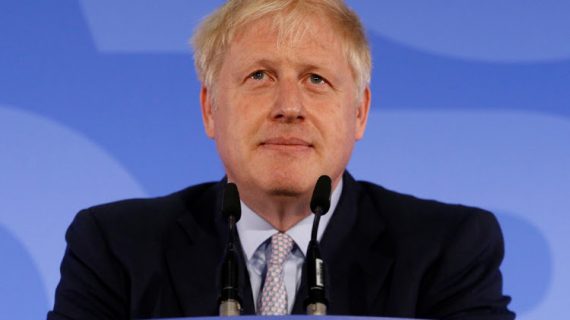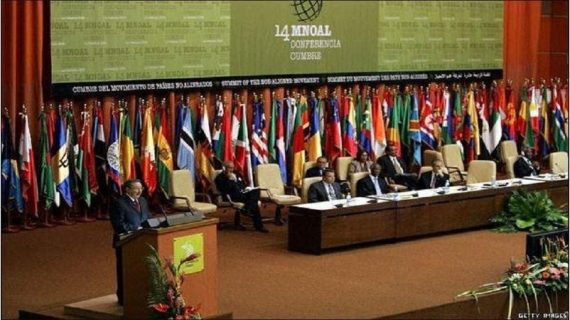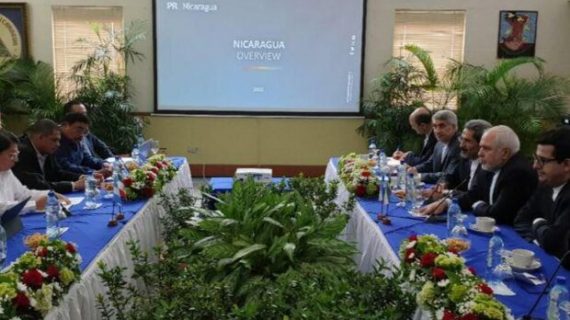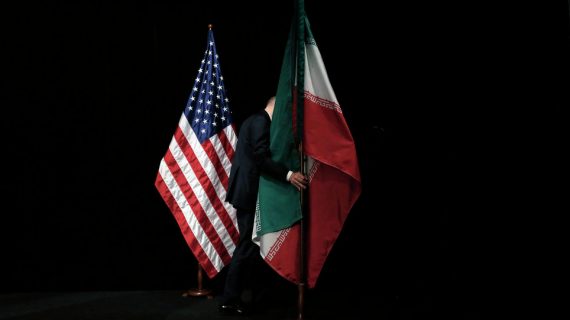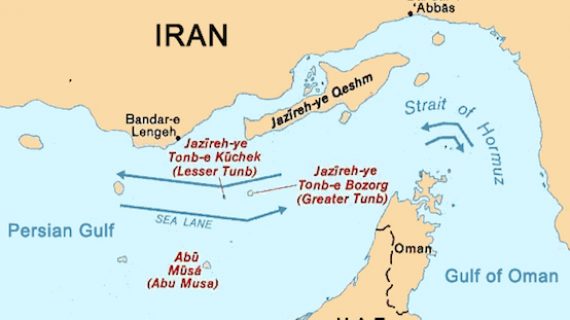Returning to FATF blacklist will entail economic costs for Iran
When intelligent transparency is lacking in a country’s mechanisms, it would be impossible to even claim that economic corruption is being tackled, let alone achieve favorable results to this end and eliminate it.
Reported by HPMM Group according to IRNA ; Iran has no other options but to fully implement its e-government plan and promote transparency in its mechanisms, apparatuses and organizations. The world is also requesting Iran to implement agreements such as that of the Financial Action Task Force (FATF) to let the country enter the international economy.
During the days he was securing the Iranian Parliament’s vote of confidence, Iran’s Minister of Economy and Financial Affairs Masoud Karbasian spoke of a major trade requirement.
Directors of Iran’s banks, private sector economic actors and all those involved in the processes of production and trade have frequently stressed the need to enforce such laws and regulations to make it possible for the country to engage in international interactions.
Hossein Salimi, a banking director of Iran’s private sector and the vice president of one of the commissions of Tehran Chamber of Commerce, Industries, Mines and Agriculture, says, ‘FATF regulations are laws which have been upheld by most of the world’s banks over the past few years and have proved effective and successful.
However, since our banks did not have [international] interactions, they did not enforce them. Unless we update ourselves with new regulations, we would not be able to interact with the world and will certainly face serious problems for conducting trade and banking operations. Among the international banks, interacting with those financial institutes refraining from upholding anti-money laundering regulations is considered a kind of crime.’
Established in 1989, the FATF is an intergovernmental body comprising more than 190 member states. The objectives of the FATF are to set standards and promote effective implementation of legal, regulatory and operational measures for combating money laundering, terrorist financing and other related threats to the integrity of the international financial system.
Since 2008, the FATF has put Iran on its blacklist. Previously, only Iran, North Korea and Cuba were included in the FATF blacklist. Cuba, however, was removed from the list after a while.
In 2016, FATF removed Iran from its blacklist and suspended its countermeasures against the Middle Eastern state, providing Tehran with the opportunity to reform the laws and structures of its banking system.
To join the FATF and amend the structures of Iran’s banking system, certain reforms are required to be enacted step by step.
On Sunday, members of Iran’s Parliament, during an open session, voted to postpone for two months the review process of the government-proposed bill aimed at joining the United Nation’s International Convention for Combating the Financing of Terrorism.
Joining the FATF and upholding international regulations are two prerequisites for the flow of foreign funds into Iran.
This has frequently been stressed by members of Iran Chamber of Commerce, Industries, Mines and Agriculture as well as the country’s economic actors. Unless these regulations are observed no big or small banks in the world would be able to enter into transactions with Iran easily.
This will have negative impacts on the flow of foreign funds into the country and make it quite difficult for Iranians to perform banking operations in other countries. All countries across the world are duty-bound to observe these laws otherwise they will have to face heavy penalties.
Studies show that UBS, HSBC as well as many large European banks have paid up to $6 billion in fines due to their failure to comply with the regulations.
The managing director of a state-owned Iranian bank, Ahmad Hatami Yazdi, had earlier said: ‘As per the international laws, in case an individual intends to transfer money to someone, the bank in charge of performing the operation will need to know where the money comes from, and why the payment is being made.
However, our banks are not equipped with such a mechanism as these kinds of controls are not implemented in Iran. They put our banks on their blacklist and expect that Iran enforces these regulations step by step.’
When the sanctions imposed by the US and the United Nations on Iran were removed, Iran faced limitations in establishing international banking relations as it did not enact the FATF regulations.
At present, given the US lack of commitment to the Joint Comprehensive Plan of Action (JCPOA), signed between Iran and P5+1, and its withdrawal from the deal Iran’s efforts to engage in banking and trade interactions with the rest of the world will lead to a dead-end if the country does not uphold international laws in the field of anti-money laundering.
In addition, in one of its latest reports on Iran’s economic condition, the International Monetary Fund wrote: ‘The removal of [Western] sanctions following the going into effect of the JCPOA [in January 2016] has spurred economic growth in Iran. Nevertheless, among the obstacles to the activities of the non-oil sector are the weaknesses and shortcomings of the country’s banking system, its structural bottlenecks and foreign bank’s uncertainty about resuming financial relations with Tehran.’
IMF directors stressed that to improve the condition of the balance sheet of Iranian companies and banks and also boost investment, Iranian officials are required to fully implement the FATF’s plan and develop and strengthen the framework of regulations concerning anti-money laundering and combating terrorist financing.


